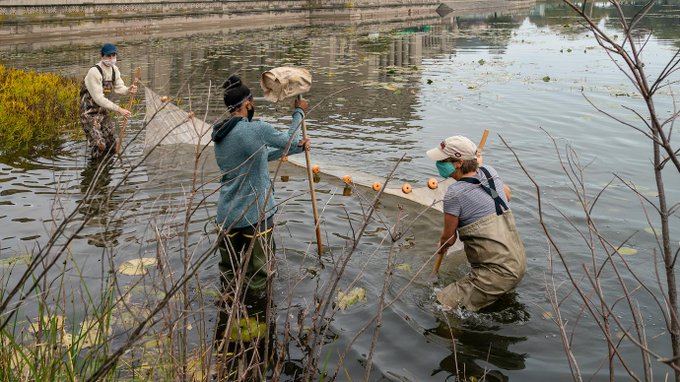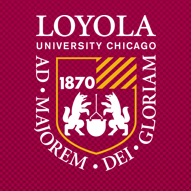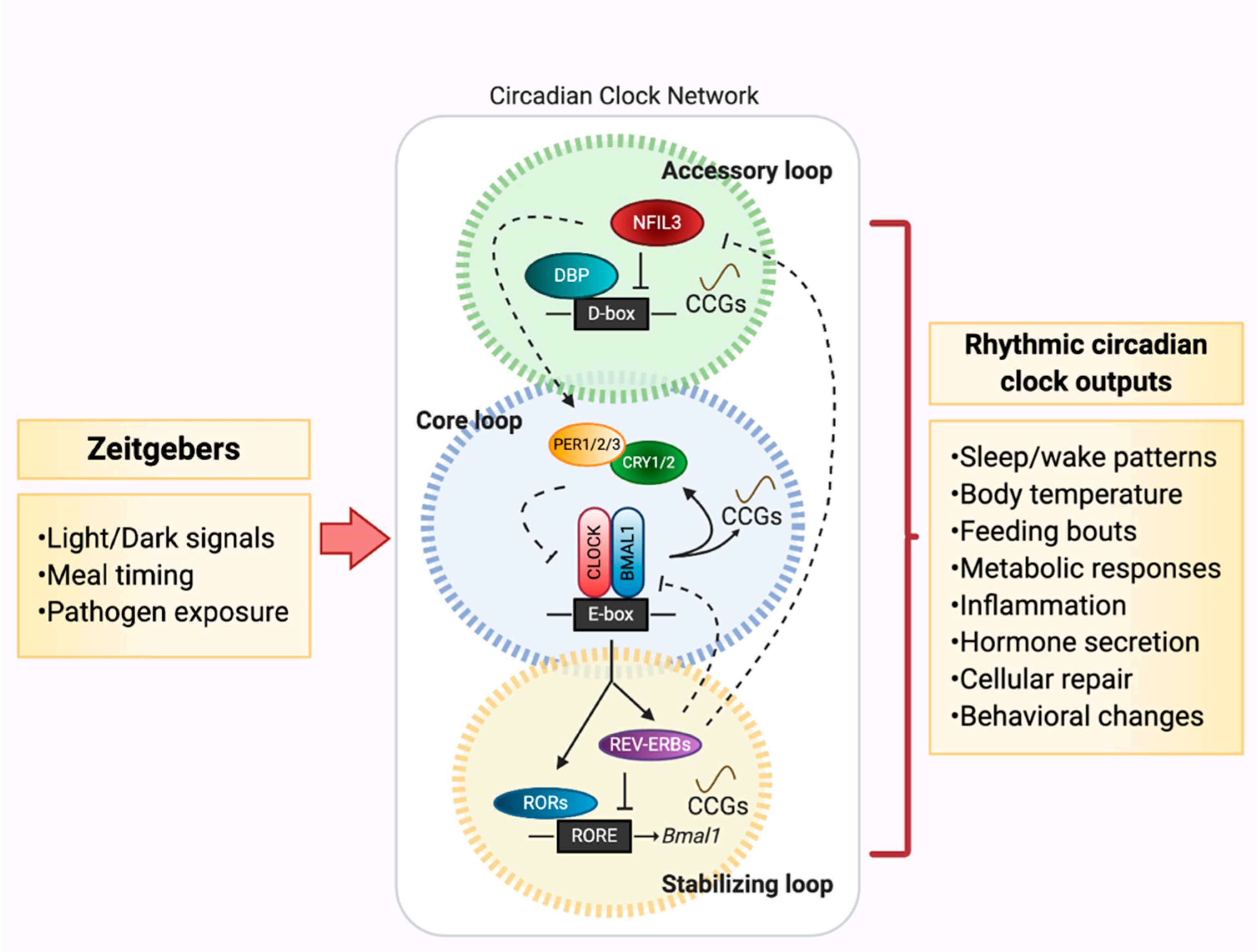Wrapping up Microbiome Education for the Quarter at UChicago
|
|

Our intrepid co-director Cathy Pfister has been teaching the "Ecology and Evolution" class at UChicago. Here they are using a 'Seine' net in Jackson Park's Columbia Basin to sample aquatic diversity, in order to learn about the microbiome and its various functions. Read the UChicago News story. Over at MBL, the Autumn quarter has also finished up successfully, there were 3 courses offered as part of a package at MBL for UChicago students, including "Microbiomes Across Environments'. Read MBL's coverage here.
|
|
|
|
Do you have news of a microbial nature that you would like to share? Don't hesitate to contact us at The Microbiome Center.
|
|
|
Events
Microbial Ecology and Microbiome Journal Club
Join Emily and Keven, hosts of the MEM club, to discuss papers related to microbial ecology and the microbiome! Currently on break until the New Year, meetings take place biweekly. If you'd like to hear about the papers to be discussed, JOIN their listserv.
Duchossois Family Institute Seminars
Title: “Restoring Colonization Resistance Against Antibiotic-Resistant Enterobacteriaceae”
Speaker: Matthew Sorbara, Ph.D. Postdoctoral Scholar, University of Chicago
Time: December 15, 2020, 1:00 p.m.
Title: “Antagonism, Adaptation, and Evolution in the Gut Microbiota”
Speaker: Laurie Comstock, Ph.D, Harvard Medical School
Time: December 17, 2020, 11:00 a.m.
To attend via Zoom, contact Noreen Bentley at DFI
Committee on Microbiology Seminar Series
Title: "Bacterial envelopes: 11-prenol piping… 7 Sec-systems a-swimming… 5 aureus rings?"
Speaker: Dominique Missiakas, PhD, Professor, Department of Microbiology, The University of Chicago
Time: Wednesday, December 16 2020 12:00 PM CST
To attend via Zoom, contact Natasha Beals at Dept. of Microbiology, UChicago
Stories of a Microbial Nature

Why not use waste bread to cultivate industrially important microbes? Globally, we produce about 100 million tons of bread every year. But because bread gets stale or moldy fairly quickly, a substantial amount of this bread is wasted. Now, scientists have come up with a use for all this bread that would otherwise be wasted: use it to grow beneficial microbes. Read more by Hannah Thomasy

The gut microbiota may be a novel pathogenic mechanism in loosening of orthopedic implants in rats
Particles released from implants cause inflammatory bone loss, which is a key factor in aseptic loosening, the most common reason for joint replacement failure. With the anticipated increased incidence of total joint replacement in the next decade, implant failure will continue to burden patients. The gut microbiome is increasingly recognized as an important factor in bone physiology, however, its role in implant loosening is currently unknown.
Moran et al
|
|
BSD Funding Opportunities has assembled a portfolio of Covid19 related funding opportunities for researchers at UChicago and beyond. The current list can be accessed here. They have also published and collated guidance from Federal and other agencies for current funding applicants and recipients.
|
|
|
Positions - Postdoc Focused

Postdoctoral position in Dr. Xingmin Sun's laboratory at the University of South Florida.
Available immediately, focused on an NIH-funded project to study host immune / inflammatory responses to Clostridioides difficile infection (CDI), host-pathogen interactions, as well as development of novel antimicrobials /vaccines against CDI.
APPLY

Post Doctoral position in Dr. Francis Alonzo’s laboratory in the Stritch School of Medicine at Loyola University Chicago.
Seeking an individual with broad interests in bacterial pathogenesis and interactions of microbes with the host immune system. Those with prior experience in bacterial genetics, biochemistry, innate immunity, flow cytometry, or animal models of bacterial infection are encouraged to apply.
APPLY

Post Doctoral position in Dr. Pete Girguis' group in the Department of Organismic and evolutionary biology at Harvard. The group is especially keen on those who study marine symbiosis and want to join a growing team of symbiosis folk, courtesy of the Moore Foundation‘s symbiosis investigator award. Contact Dr. Girguis directly to apply.
APPLY

The Microbiome Systems Medicine Group at Mayo Clinic (Rochester, MN, USA), led by Dr. Jaeyun Sung, invites applications for postdoctoral research fellow positions in translational bioinformatics, systems biology, and computational medicine.
APPLY

Postdoctoral position available in the Jay Lennon lab at Indiana University to study the evolutionary ecology of plant-microbe interactions, working on GEMS: Genomics and Eco-Evolution of Multi-Scale Symbiosis, which is a newly announced NSF Biological Integration Institute (https://symbiosis.illinois.edu) to investigate plant-soil-microbe interactions using integrative approaches from molecular biology, ecology, evolution, theory, genomics, and computation.
APPLY

Position as Assistant/Associate Professor in the area of Marine Microbial Ecology available in the Department of Marine Biology and Ecology at RSMAS, University of Miami.
APPLY
Funding
NEW
 |
|
National Science Foundation
|
Understanding the Rules of Life: Microbiome Interactions and Mechanisms (URoL:MIM)
Deadline: February 23, 2021
Funding Available: Up to $3,000,000 over 5 years.
Understanding the Rules of Life (URoL): Predicting Phenotype is one of NSF's 10 Big Ideas (https://www.nsf.gov/news/special_reports/big_ideas) and is focused on predicting the set of observable characteristics (phenotypes) based on the genetic makeup of the individual and the nature of its environment. The objective of URoL:MIM is to understand interactions and mechanisms that govern the structure and function of microbiomes. We define a microbiome as a collection of different microbes in a specific habitat. The URoL:MIM program invites integrated, interdisciplinary proposals that create new knowledge in multiple disciplines to develop causal frameworks with well-designed scientific and/or computational approaches to test hypotheses about the relationships within the microbiome, and among the microbiome, the host, and the environment. Apply via Fastlane, Research.gov or Grants.gov.
FOA
NEW

Genomic Science Program
Systems Biology of Bioenergy-Relevant Microbes to Enable Production of Next-Generation Biofuels and Bioproducts
Deadline: January 19, 2021, Pre-application. April 6 2021, Application.
Funding available: $1,500,000 over 3 years.
The DOE SC program in Biological and Environmental Research (BER) hereby announces its interest in receiving applications for research within the Biological Systems Science Division’s (BSSD) Genomic Science Program (GSP) (http://genomicscience.energy.gov) mission-space. This FOA solicits applications for: a) research to advance the development of promising new model organisms, microbial functional capabilities, and biosynthetic pathways relevant to biofuels and bioproducts production; and b) research into the metabolic pathways that can achieve synthetic polymer deconstruction and conversion to recycled monomers.
Apply via Grants.gov
FOA

NOSTER & Science Microbiome Prize
Deadline for Entries: 24 January 2021
Funding Available: $25,000 prize for essay submission
The NOSTER Science Microbiome Prize is an international prize that rewards innovative research by investigators, under the age of 35, who are working on the functional attributes of the microbiota.
APPLY
|
|
Microbiome Center Affiliates
Dodiya, H. B., Frith, M., Sidebottom, A., Cao, Y., Koval, J., Chang, E., & Sisodia, S. S. (2020). Synergistic depletion of gut microbial consortia, but not individual antibiotics, reduces amyloidosis in APPPS1-21 Alzheimer’s transgenic mice. Scientific Reports, 10(1), 8183. https://doi.org/10.1038/s41598-020-64797-5

Frazier, K., Frith, M., Harris, D., & Leone, V. A. (2020). Mediators of Host-Microbe Circadian Rhythms in Immunity and Metabolism. Biology, 9(12). https://doi.org/10.3390/biology9120417
Keskey, R., Papazian, E., Lam, A., Toni, T., Hyoju, S., Thewissen, R., Zaborin, A., Zaborina, O., & Alverdy, J. C. (2020). Defining Microbiome Readiness for Surgery: Dietary Prehabilitation and Stool Biomarkers as Predictive Tools to Improve Outcome. Annals of Surgery. https://doi.org /10.1097/SLA.0000000000004578
Kim, C. S., Grady, N., Derrick, M., Yu, Y., Oliphant, K., Lu, J., & Claud, E. C. (2020). Effect of Antibiotic Use Within First 48 Hours of Life on the Preterm Infant Microbiome: A Randomized Clinical Trial. JAMA Pediatrics. https://doi.org/10.1001/jamapediatrics.2020.4916
Nayfach, S.; Roux, S.; Seshadri, R.; Udwary, D.; Varghese, N.; Schulz, F.; Wu, D.; Paez- Espino, D.; Chen, I.-M.; Huntemann, M.; Palaniappan, K.; Ladau, J.; Mukherjee, S.; Reddy, T. B. K.; Nielsen, T.; Kirton, E.; Faria, J. P.; Edirisinghe, J. N.; Henry, C. S.; Jungbluth, S. P.; Chivian, D.; Dehal, P.; Wood-Charlson, E. M.; Arkin, A. P.; Tringe, S. G.; Visel, A.; Woyke, T.; Mouncey, N. J.; Ivanova, N. N.; Kyrpides, N. C.; Eloe-Fadrosh, E. A. A Genomic Catalog of Earth’s Microbiomes. Nature Biotechnology 2020, 1–11. https://doi.org/10.1038 /s41587-020-0718-6.
Accepted for Publication

Weigel, B. L., & Pfister, C. A. (n.d.). The dynamics and stoichiometry of dissolved organic carbon release by kelp. Ecology, n/a(n/a), e03221. https://doi.org/10.1002/ecy.3221
Matson, V., Chervin, C. S., & Gajewski, T. F. (2020). Cancer and the Microbiome: Influence of the commensal microbiota on cancer, immune responses, and immunotherapy. Gastroenterology. https://doi.org/10.1053/j.gastro.2020.11.041
Lee, M., & Chang, E. B. (2020). Inflammatory Bowel Diseases (IBD) (Inflammatory Bowel Diseases and the Microbiome: Searching the Crime Scene for Clues). Gastroenterology. https://doi.org /10.1053/j.gastro.2020.09.056
Commentary
Fogarty, E. (2020). Credit where credit is due. Science (New York, N.Y.), 370(6520), 1130. https://doi.org/10.1126/science.370.6520.1130
Reviews
Miyoshi, J., Rao, M. C., & Chang, E. B. (2020). Navigating the Human Gut Microbiome: Pathway to Success from Lessons Learned. Gastroenterology. https://doi.org/10.1053/j.gastro.2020.09.002
|
|
Enjoy this newsletter?
Subscribe
|
|
|
|
|
|
|
|